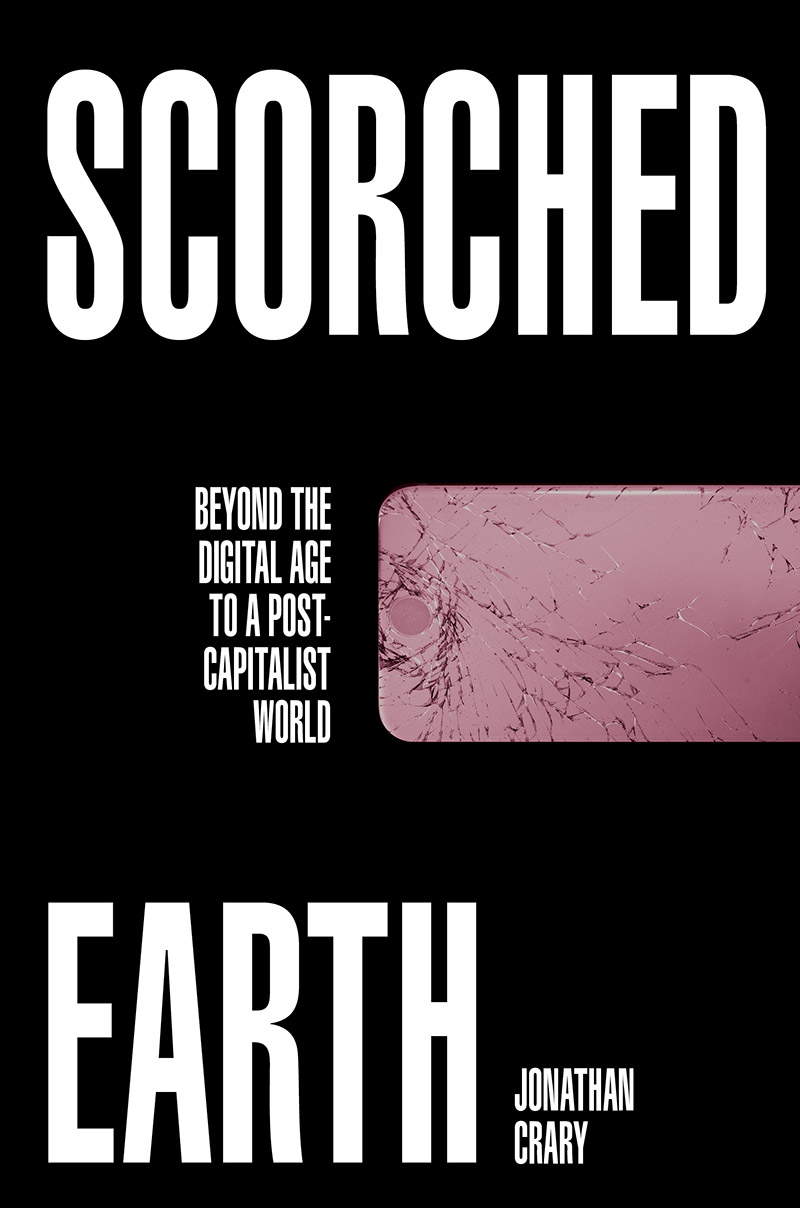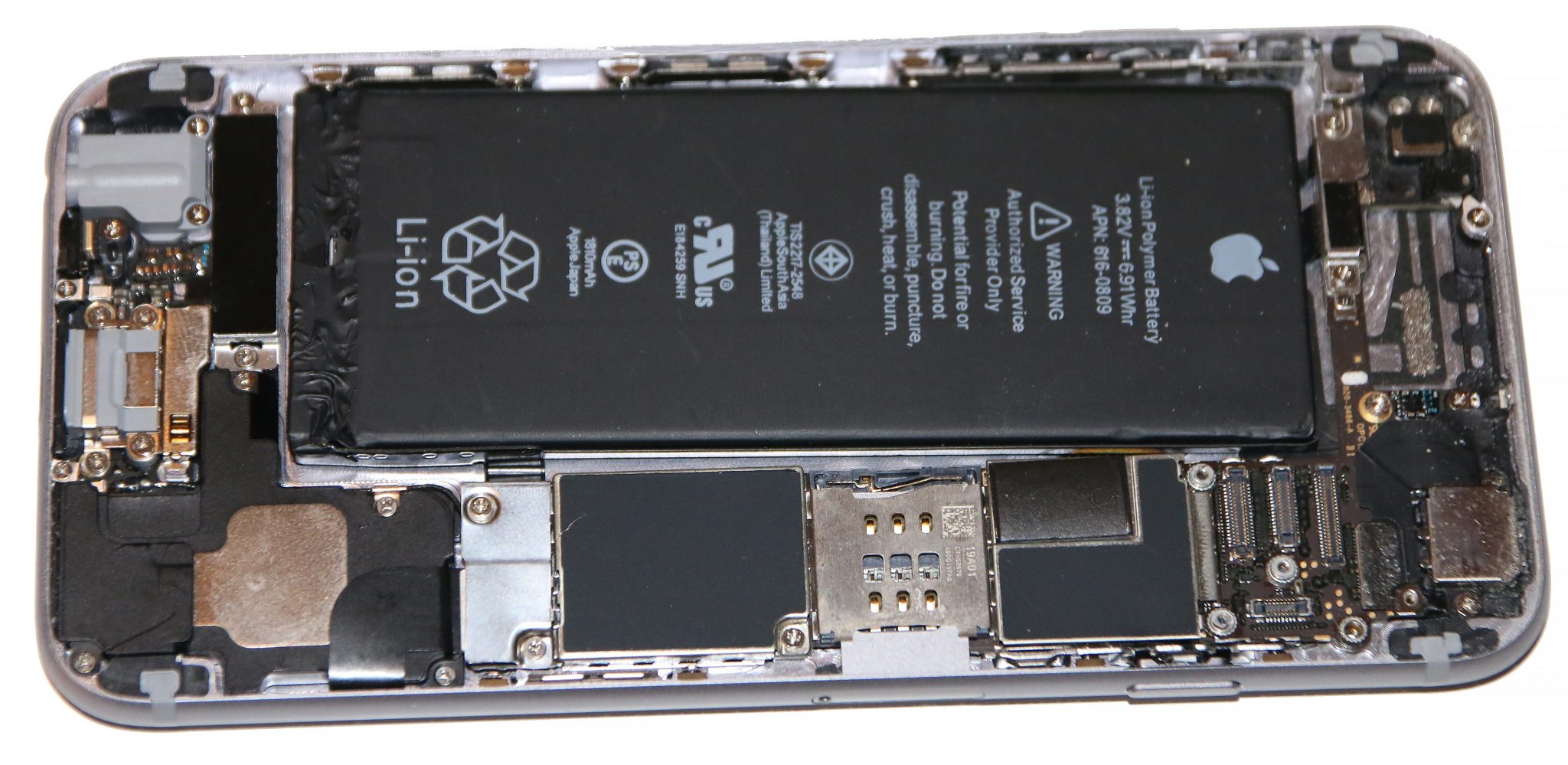There is plenty to deride about contemporary power structures and ‘the internet complex’, but the visual theorist’s alternatives are unconvincing
‘If there is to be a liveable and shared future on our planet, it will be a future offline, uncoupled from the world-destroying systems and operations of 24/7 capitalism,’ begins visual theorist Jonathan Crary. Scorched Earth is a polemic in a hurry, by a writer who for 30 years has developed a thoughtful analysis of the power of capitalism and technology over the human subject and body. Scorched Earth rails against the disastrous ubiquity of what Crary terms ‘the internet complex’, all of whose ‘touted benefits are rendered irrelevant or secondary by its injurious and sociocidal impacts’, an ‘implacable engine of addiction, loneliness, false hopes, cruelty, psychosis, indebtedness, squandered life, the corrosion of memory, and social disintegration’.
Crary’s fierce indictment of digital capitalism is one many of us will recognise in our everyday lives, and what he does best is to remake the case for social reciprocity and interpersonal encounter as the prerequisite for any radical political possibility – ‘there are no revolutionary subjects on social media’, he insists. Scorched Earth’s most convincing moments are to be found in Crary’s precise takedown of how interpersonal life screened through the network degrades long-standing cultures of human selfhood and sociability: ‘Corporate-designed forms of social media have eliminated the possibility of an ethical relation to otherness’, disabling ‘one’s aptitude or patience for the frustrations and inconclusiveness of meeting, speaking, and being with others’.

Where Crary comes unstuck, though, is in his alternatives for a better future, a hodgepodge vision of ‘zero-growth’ ‘eco-socialism’. Ranging away from his own more subtle insights, he signs up to a crashing, faddish denunciation of a capitalism that is all-powerful but also on the verge of collapse; that is about ‘continued growth and accumulation’ and the stripping of the planet’s resources, yet paradoxically only seems to produce austerity and misery. You get the feeling that Crary, like many disillusioned boomers, downright hates modern life and its benefits, rather than capitalism and its iniquities. Symptomatic of this is his raging against billionaires who want to live forever, while staying mute on the short, diseased lives humanity lived for millennia before the modern age. It’s not a postcapitalist world Crary longs for, but a romanticised premodern one, where interpersonal authenticity is conducted in a restored ecological equilibrium, and at least there are no smartphones, or too many of us to stare at them.
Scorched Earth by Jonathan Crary, Verso, £12.99 (hardcover)
